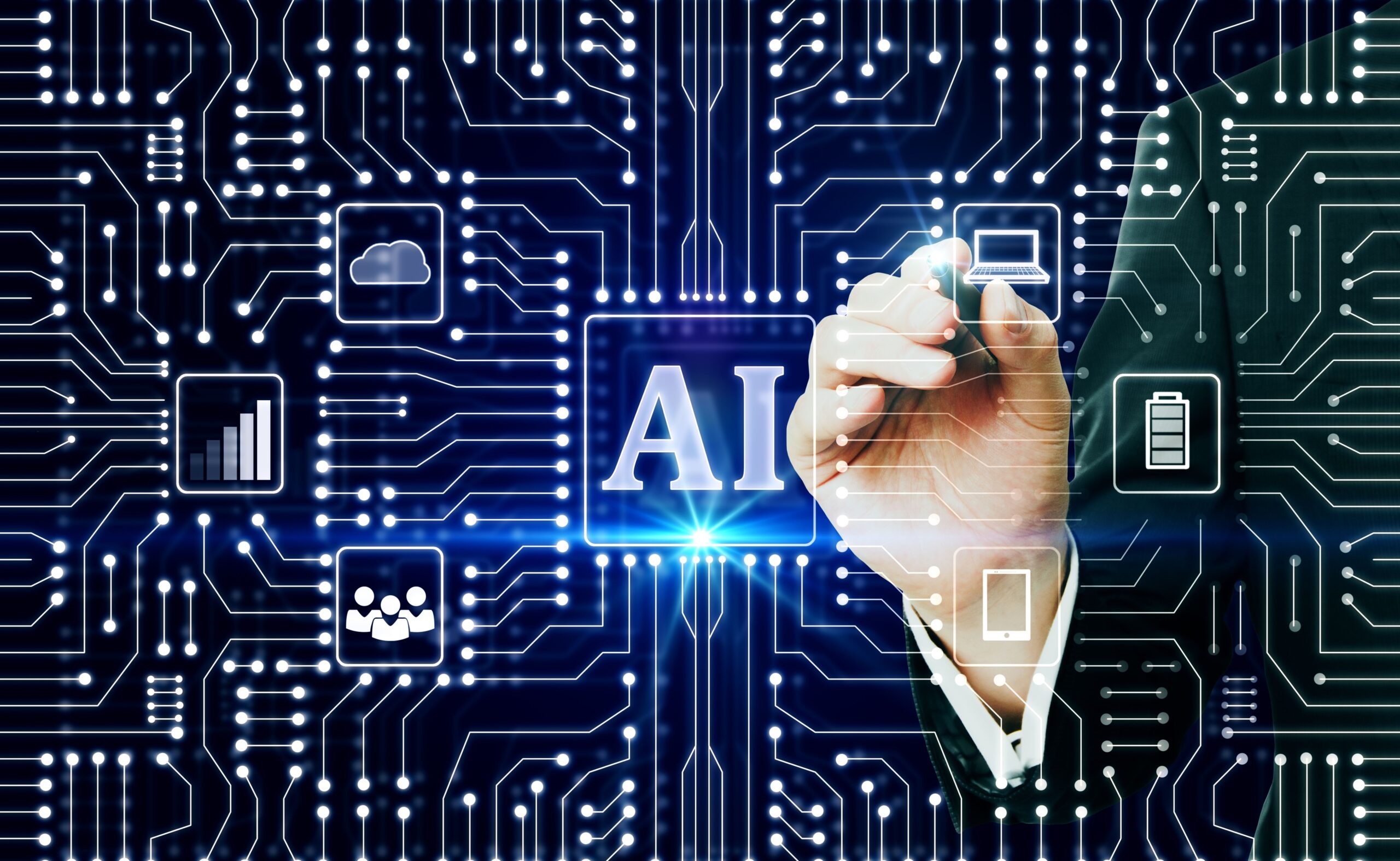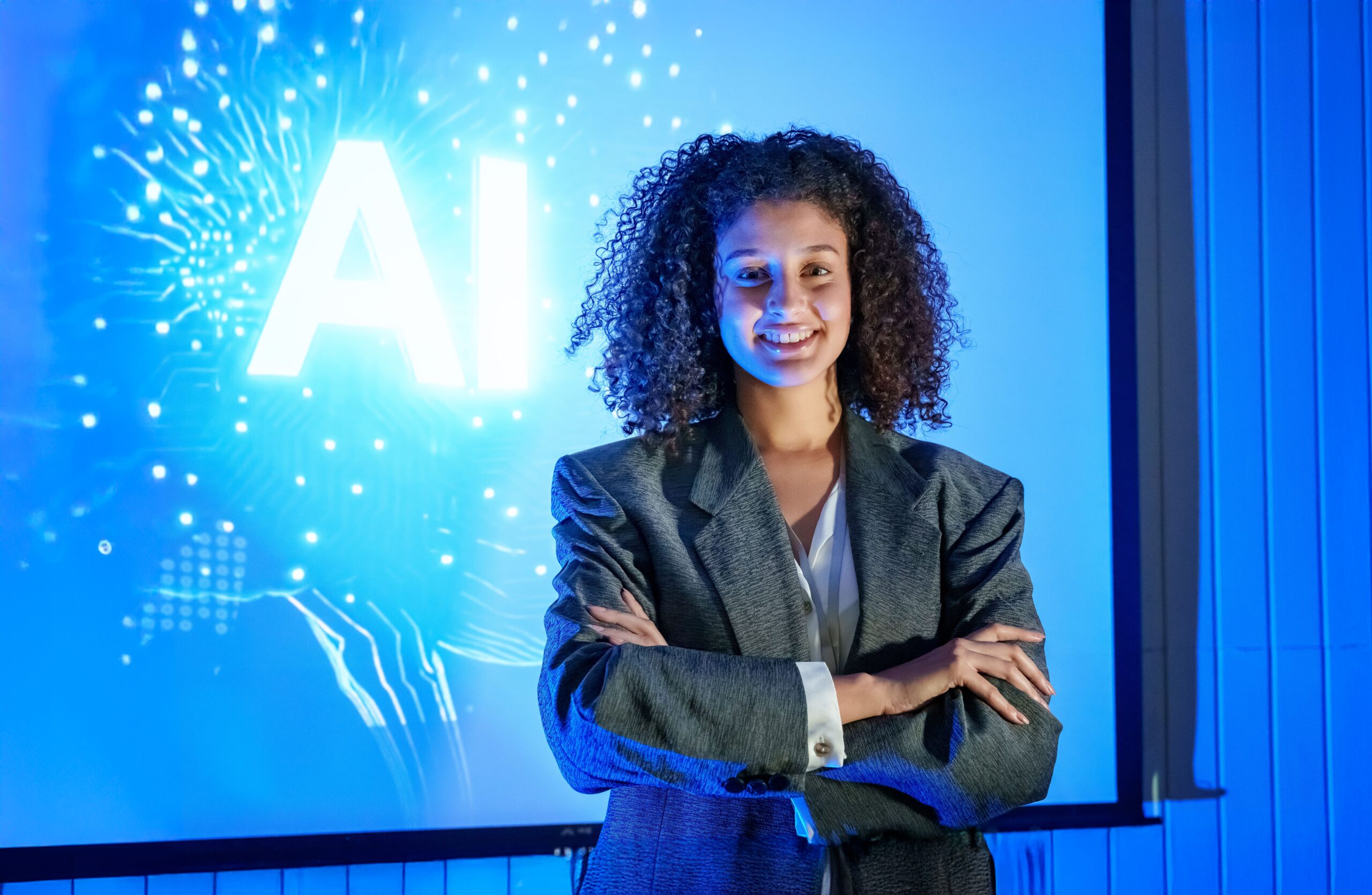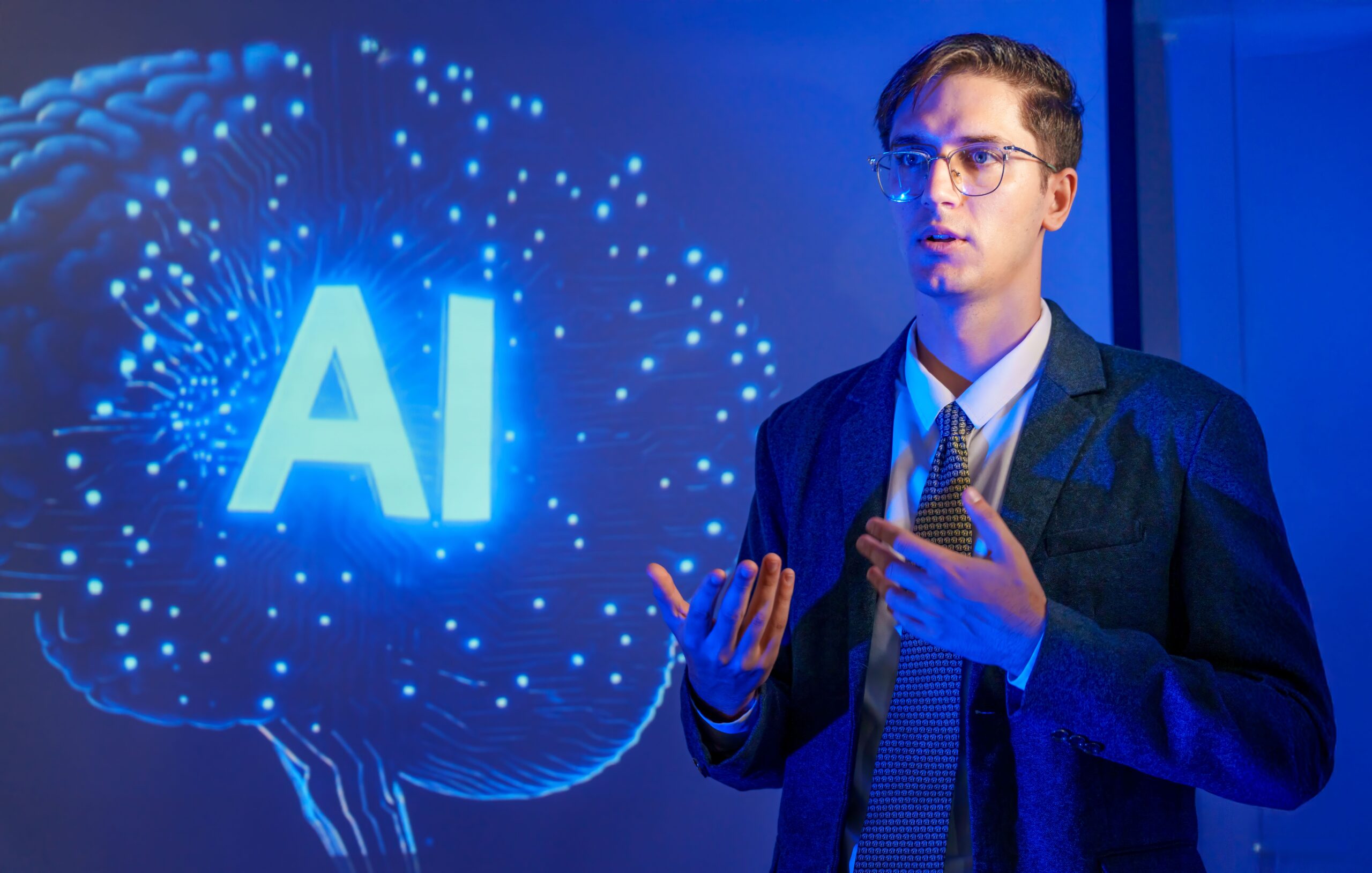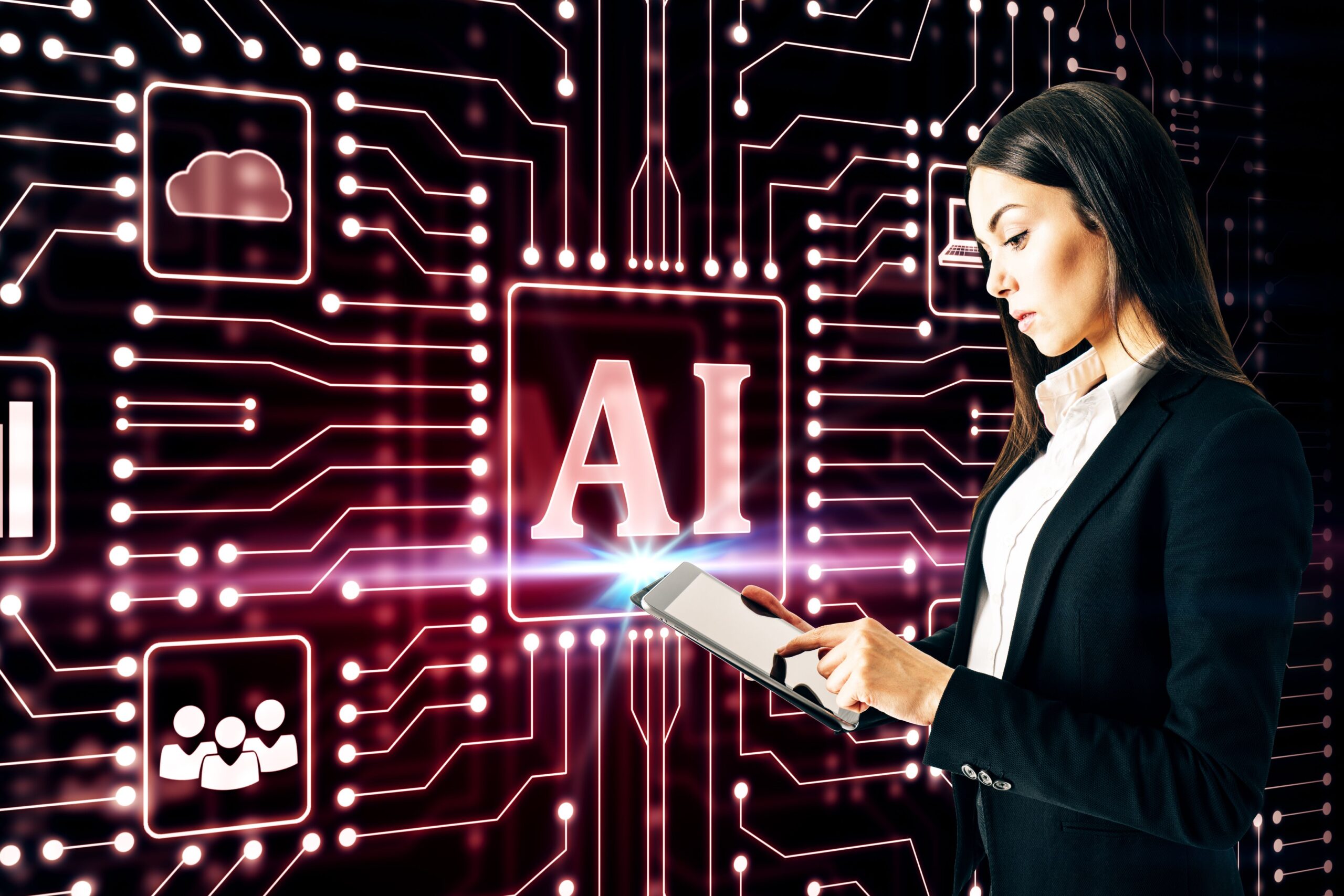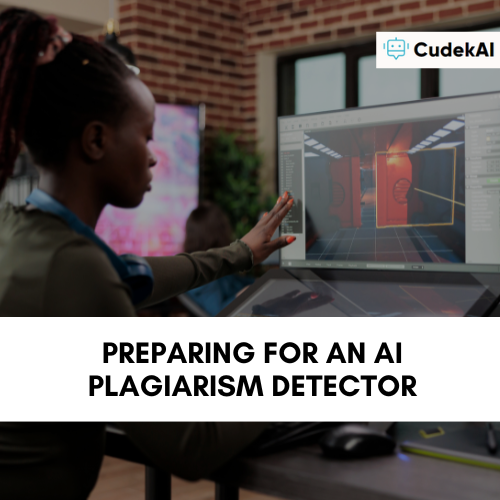
When students use tools like an AI plagiarism detector, they are allowing themselves to take a shortcut to their learning, and limiting their research and growth process. This is giving rise to the institutions being open to new scandals every day. So, what we are going to discuss in this article is how learning institutions can save themselves from academic misconduct, what impact they have, and how AI detectors can affect these systems negatively.
Why Academic Integrity Is Under Pressure in the AI Era
Academic integrity systems were designed for human-written work, not algorithm-assisted generation. The rapid adoption of AI writing tools has outpaced institutional policy updates, creating gaps in enforcement and understanding.
As explained in AI plagiarism detector research, plagiarism today is less about direct copying and more about idea replication, structural similarity, and AI-generated predictability. This makes detection more complex and misconduct harder to identify without contextual review.
For academic leaders, this shift requires:
- Updated integrity frameworks
- Clear definitions of acceptable AI use
- Emphasis on learning outcomes, not just detection
How can an AI plagiarism detector affect students?

Let’s first have a look at this. It is important to shine a light on this darker side to protect our academic institutions.
Academic dishonesty can occur through plagiarism IA and the use of AI plagiarism detectors. With the help of this tool, students can easily detect plagiarism and bypass AI plagiarism detection pitfalls. By being easy and fast, this also limits the thinking process of the student. Instead of doing their research, they will start making use of plagiarism detectors and other supporting tools.
When students overuse AI plagiarism, they miss out on important learning experiences. These tools can help them avoid being caught plagiarizing, but relying on AI for their work at the expense of developing their own critical thinking skills, research skills, and effective writing can prevent students from fully engaging in the learning process or understanding the depth of what they are learning.
Furthermore, relying on AI plagiarism changers introduces significant ethical concerns. While these tools can technically prevent the detection of copying, they essentially encourage students to deceive, which is both dishonest and harmful to their moral development. Using these tools can severely impact students’ integrity and potentially damage their academic reputations if discovered.
Furthermore, AI plagiarism threatens the integrity of objective surveys designed to measure originality, critical analysis, and problem-solving skills. The widespread use of AI-enabled information makes it difficult for teachers to accurately assess their students’ actual abilities and understanding. This reliance on technology not only skews research results but also frustrates the overall purpose of assessing students’ abilities through actual, valuable work.
AI plagiarism changers, while sophisticated, are not without their flaws. They might generate grammatically correct content, but often at the cost of clarity and coherence, leading to work that does not effectively communicate the intended message. Moreover, due to their automated nature, plagiarism detectors can also produce inaccuracies or misinterpretations, sometimes resulting in factually incorrect content.
Learning Loss vs Detection Convenience
AI plagiarism detectors can unintentionally encourage surface-level compliance rather than deep learning. When students rely on detection tools instead of research, they optimize for avoidance, not understanding.
Studies summarized in check for plagiarism to ensure work authenticity show that excessive tool reliance correlates with:
- Reduced critical analysis
- Shallow engagement with sources
- Declining writing originality
Detection should support learning—not replace it. Academic leaders must reframe plagiarism tools as educational aids, not loopholes.
Effect of AI plagiarism detector on academic institutions
Multiple studies over the past three decades have established a link between academic misconduct during school years and future deviant behavior in professional and leadership roles. Research, including that by Orosz and colleagues, indicates that students who engage in cheating are more likely to exhibit unethical behaviors later in life, including workplace deviance. This connection emphasizes the broader implications of academic dishonesty for both the educational and professional realms.
Graves’ 2008 study highlights a correlation between academic cheating and unethical behaviors in the workplace. He suggests that students who develop a habit of cheating are more likely to continue similar behaviors in their careers. They end up engaging in actions that harm both productivity and property. This finding aligns with other research that points to a consistent pattern where early dishonest behaviors predict later unethical actions.
Academic cheating scandals hurt the value of school degrees. An article in Times Higher Education by Bloch (2021) says that not checking carefully for authorship fraud lowers trust in academic degrees. Bloch argues for stricter checks and penalties to make sure academic titles truly show someone has done the needed research and thinking, preventing the value of degrees like a doctorate from dropping.
Ethical Risks of “Bypass Mentality” in Academia
The rise of AI paraphrasers and plagiarism changers introduces a “bypass mindset,” where success is measured by evading detection rather than demonstrating mastery.
According to AI plagiarism detector remove plagiarism in all its forms, this mindset:
- Undermines moral reasoning
- Weakens academic honesty norms
- Normalizes deception as skill
Institutions that focus only on catching violations risk ignoring the deeper ethical erosion occurring among students.
Long-Term Institutional Impact of AI-Assisted Misconduct
Academic misconduct does not end at graduation. Longitudinal research consistently links early cheating behaviors to later professional misconduct.
Insights referenced in online plagiarism detector align with studies by:
- Graves (2008) – workplace deviance correlation
- Orosz et al. – cheating persistence patterns
For institutions, unchecked misuse can:
- Devalue degrees
- Damage accreditation trust
- Reduce employer confidence
Academic leaders must treat AI plagiarism as a systemic risk, not a student-only issue.
Awareness of AI plagiarism detectors and paraphrasing tools
Teachers and educators must prevent the misuse of paraphrasing and AI plagiarism detector tools. They must make students aware of how to use these tools with honesty. They must invent new and safe ways to use the tools and make the lives of the students easier and free of any dishonesty.
Moreover, educators need to stay updated on the latest trends in academic integrity to effectively manage these challenges. Increasing awareness among faculty and staff allows them to adjust teaching methods and evaluation strategies. They can also play a crucial role in shaping classroom and institutional policies to handle issues like AI-driven plagiarism effectively. This proactive approach ensures that both teaching and learning adapt to the ongoing changes in technology and maintain high standards of academic integrity.
Author Research & Academic Policy Observations
This article integrates findings from:
- University integrity policy reviews (EU & UK)
- Academic ethics discussions in Times Higher Education
- Faculty surveys on AI misuse detection
- Case studies referenced in AI plagiarism checker tool benefits in the digital age
A consistent pattern emerges:Institutions emphasizing education-first integrity models experience fewer violations than those relying solely on punitive detection.
Frequently Asked Questions
Do plagiarism detectors encourage cheating?
They can, if framed as bypass tools rather than learning aids.
Should universities ban AI writing tools?
Most experts recommend regulation and education, not bans.
Can plagiarism detectors mislabel original work?
Yes. False positives require human review and contextual judgment.
How should teachers respond to AI-assisted writing?
By focusing on process-based assessment and source transparency.
Are AI detectors reliable for academic evaluation?
They are useful indicators—not final judges of integrity.
Conclusion
The teachers need to raise awareness of this and how to make proper use of plagiarism detectors like Cudekai. When used appropriately, these tools are the most efficient and effective tools that can save you time and effort. Learning about paraphrasing can prevent you from committing plagiarism, which could be a problem for you in the future. Make use of the best tools and trusted platforms like Cudekai so you can keep getting guidance from professionals in the field as well. Learn to say no to every unethical activity and spread positivity to make our future the brightest one.
